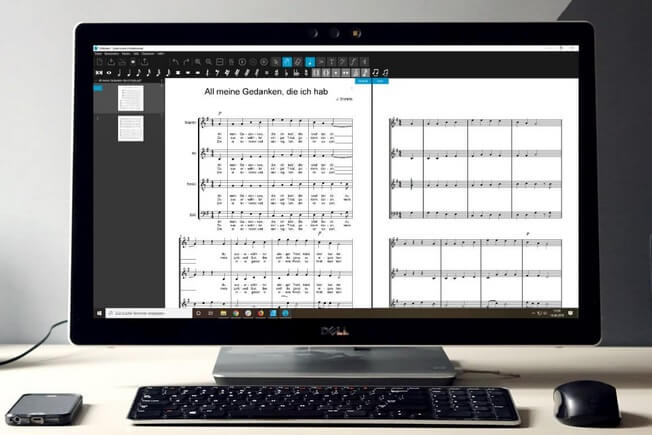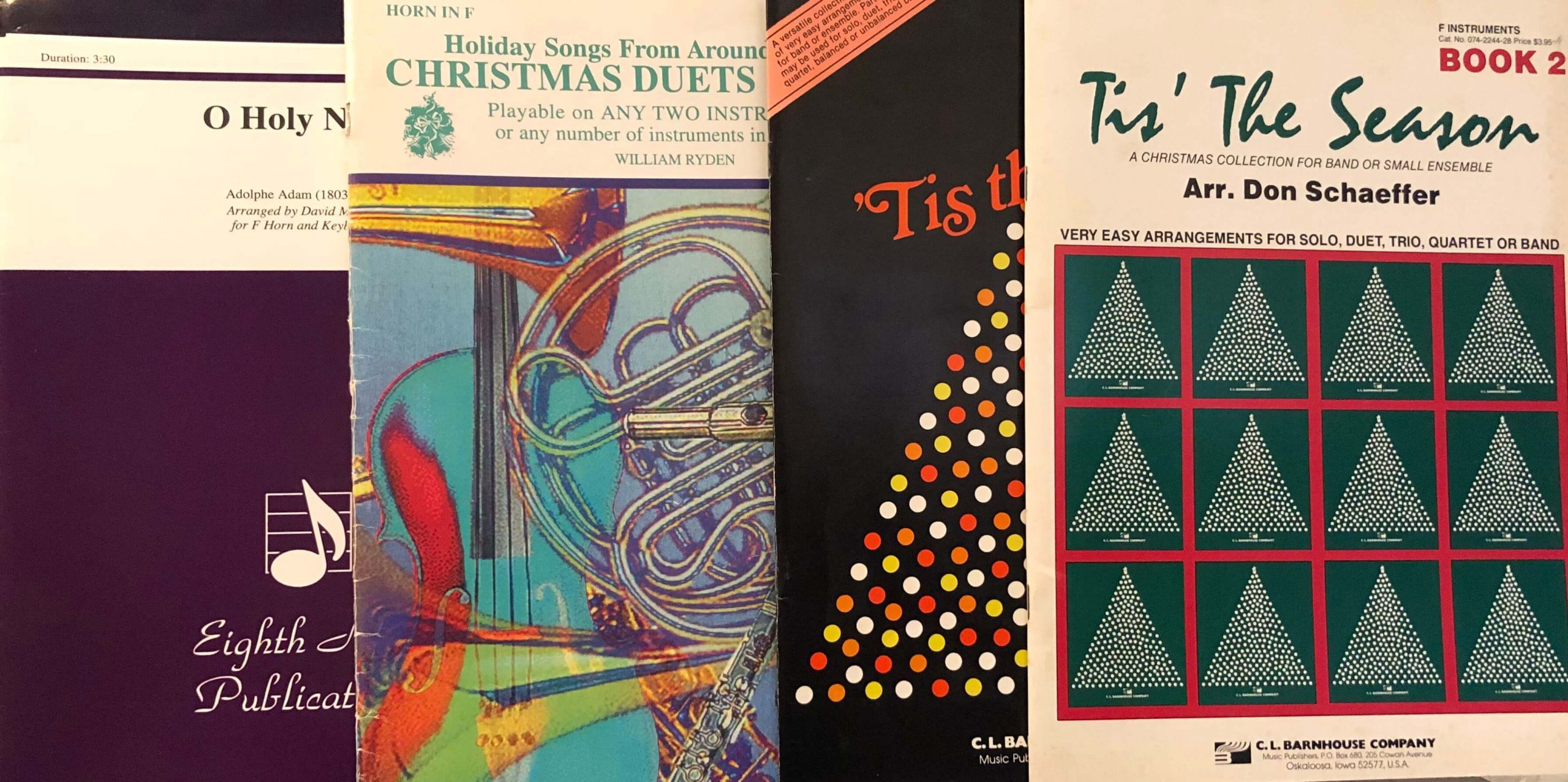It’s no secret that the increasing development and research into sports psychology has trickled down into the performing arts fields.
Books from authors like Don Greene, Timothy Gallwey and Barry Green have brought many aspects of the mental preparation done by elite athletes (and others in high-stress jobs) into the open for musicians.
Many conservatories are also offering individual coaching sessions with some of these sports psychologists, to better train their students to do well in the very high-stress environment of professional orchestral auditions and performances.
However, one aspect of the sports psychology that hasn’t gotten a lot of research until lately is the role of self-compassion and how that needs to balance with self-criticism.
A new study done by Canadian researchers covers how 11 elite athletes who identified as overly self-critical successfully adopted a more self-compassionate approach.
While the complete study is not the easiest (or most exciting) thing to read, Noa Kageyama has put together a concise article explaining the five main themes that these athletes used to improve their mental outlook and performance.
Some of the highlights:
Though the phrase might make some cringe a bit, self-compassion is starting to get more research attention in sport psychology, because it seems to facilitate many of the qualities and characteristics that are also associated with greater resilience and mental toughness.
In that, it’s not harsh, excessive self-criticism that leads to enhanced motivation and persistence, but self-compassion that facilitates these more adaptive responses to setbacks.
And
I think the big challenge with self-compassion (aside from giving ourselves permission) is that it’s about cultivating lots of little tiny habits that individually don’t seem like a big deal, but altogether, over time can make a really meaningful difference not just in the level of playing that we eventually attain, but in our experience of practicing or performing all along the way.
If you have ever struggled with being overly harsh in your own self-criticism (talking to yourself in ways you would never talk to a student or friend) then you owe it to yourself to read Noa’s article. He also has a couple of links to other (excellent) resources you can use to develop this valuable (and surprisingly rare) skill.





